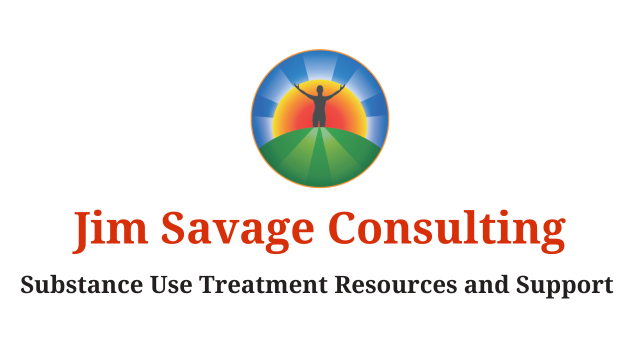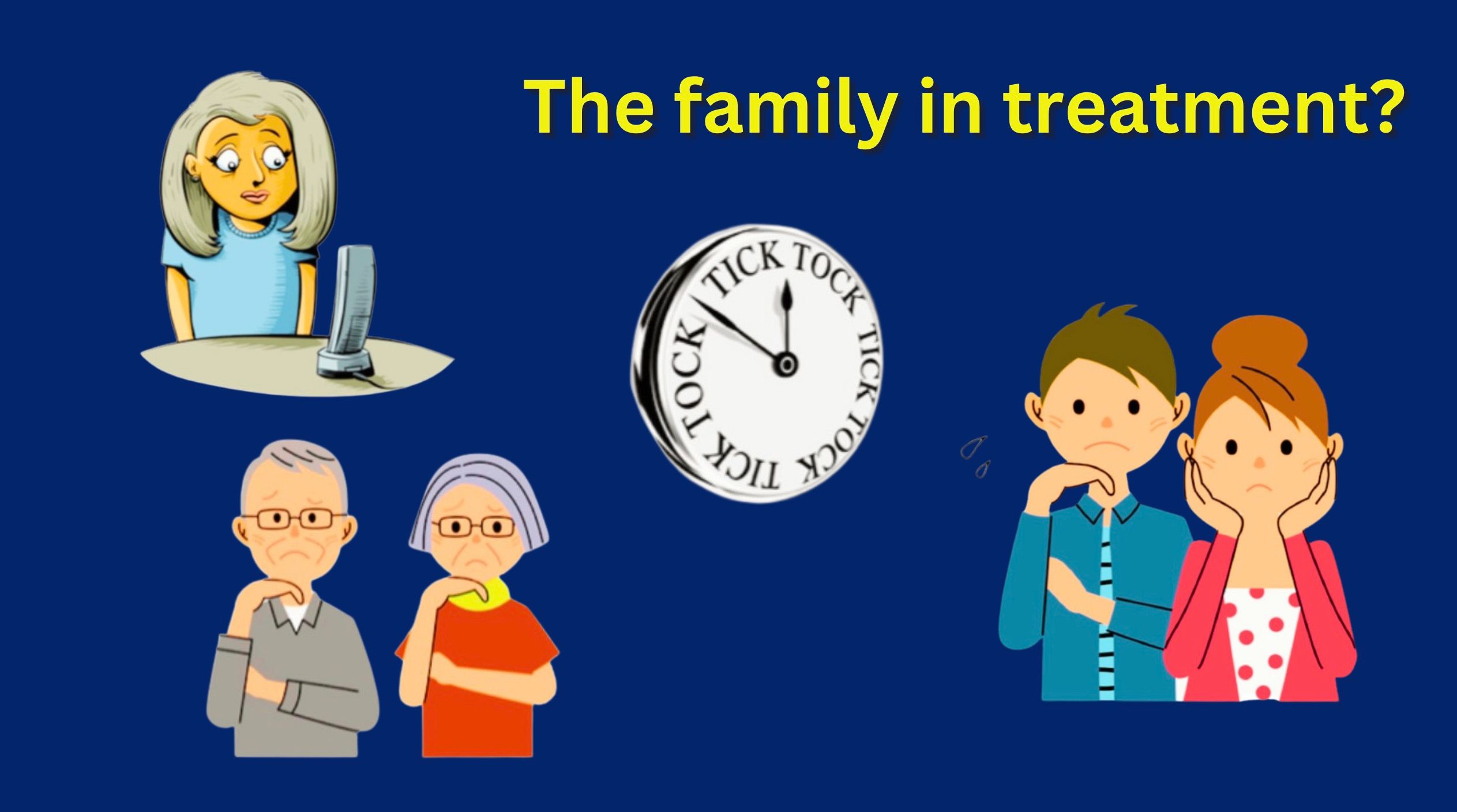
A popular line you’ll hear from addiction treatment facilities is, “We treat the whole family.”
But do we really?
This post addresses an elephant in the room within the addiction treatment field.
It exposes a glaring issue hiding in plain sight — and offers practical solutions to help families avoid the heartbreak of failed treatment.
THE GAP (And we're not talking about a clothes store)
In 2010, I sold the outpatient treatment program I had run for over ten years and turned my attention to working specifically with families of treatment clients.
Two of the biggest things I learned during that time:
- The enormous impact families can have on treatment outcomes.
- How much help families actually need in navigating the process.
So I wrote a book called Rehab Works: A Parent's Guide to Drug Treatment, and built a support program based on that book to walk families through treatment step-by-step.
Over these past 15 years, I've learned a LOT about family support in addiction treatment—about what works, and what doesn't work. And over the past couple of years I have become increasingly concerned about something I feel compelled to talk about. And that is:
There is a glaring hole in addiction treatment that I feel is being overlooked—relative to the impact this holds for treatment outcomes. And it has to do with family support in treatment.
Now—before I ruffle any feathers—I want to be clear: Many programs have excellent family components. But until we begin checking families in along with the clients (which I don't see happening anytime soon), there will always be an inherent gap between the client, the family, and the treatment team. And perhaps more than any other area of healthcare, these gaps are a major contributor to poor outcomes.
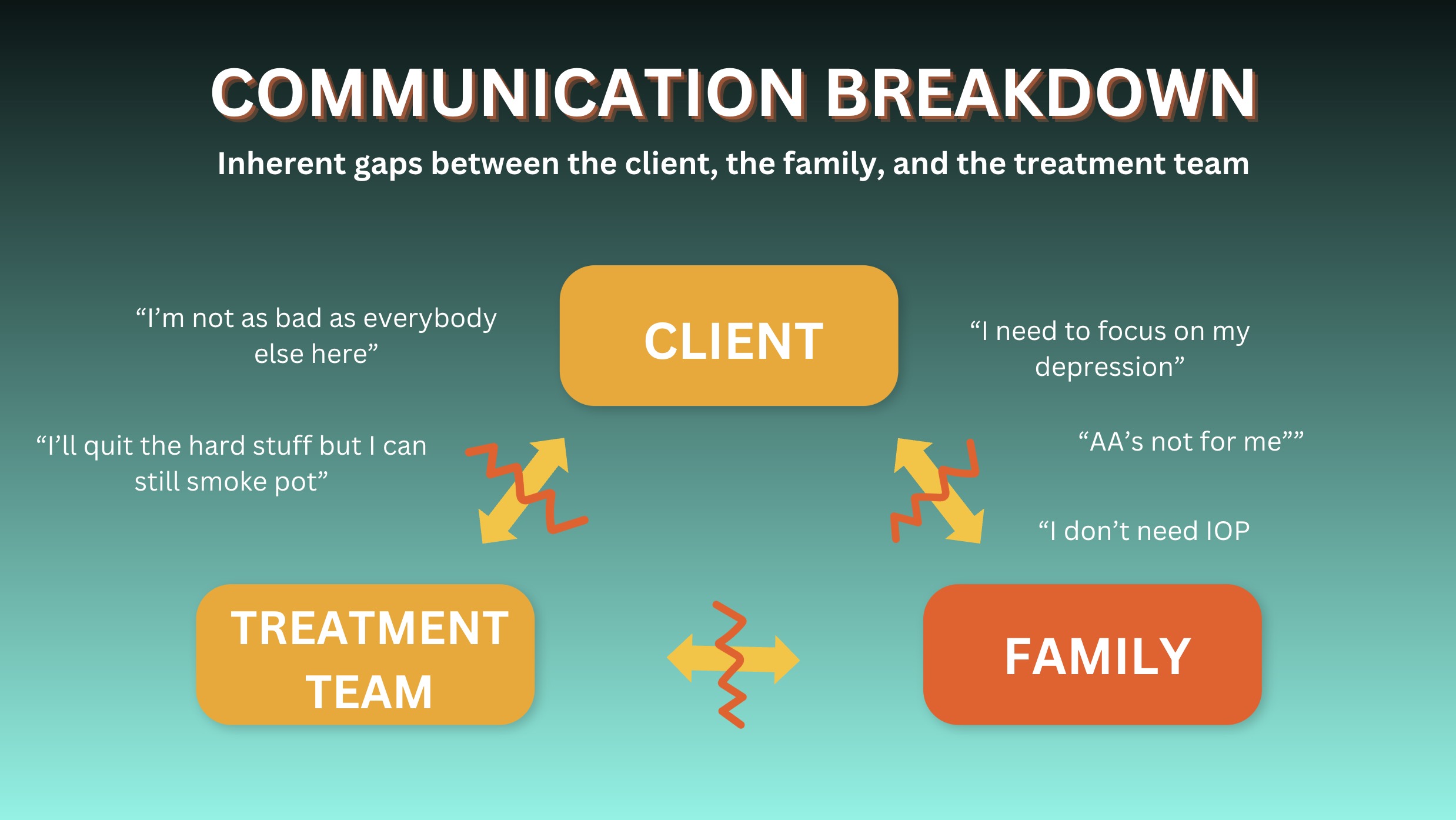
Important information falls through the cracks that can sabotage treatment efforts.
The quotes in the image above reflect cracks in the treatment foundation. Cracks that too often go unaddressed until they become full-blown failures.
Unfortunately, these are the kind of things families hear during weekly calls or visits with their loved one before they’ve even had initial contact with a counselor or family therapist.
Relative to the impact that effective family support can have on the treatment process, I am increasingly discouraged by the degree to which I see families left out of the the treatment process.
And while I might sound like an old guy yelling at kids to get off my lawn, the fact is I've been working directly with families for 15 years. And I'm sorry, but I hear the same issues again and again. The really depressing cases are the families who come to me after failed treatment.
One mother called me after her son had just gotten out of eight weeks of wilderness therapy to treat his substance use disorder. He had run away and was back to using scary drugs. When I shared a video from my rehabWorks program with this mother, the next time I talked to her, her response was: "I feel so discouraged right now. We got none of this in treatment."
I'm sorry, but this just isn't acceptable.
And the truth is, I could share far too many similarly egregious cases of inadequate family support in addiction treatment—particularly for parents of adolescents and young adults.
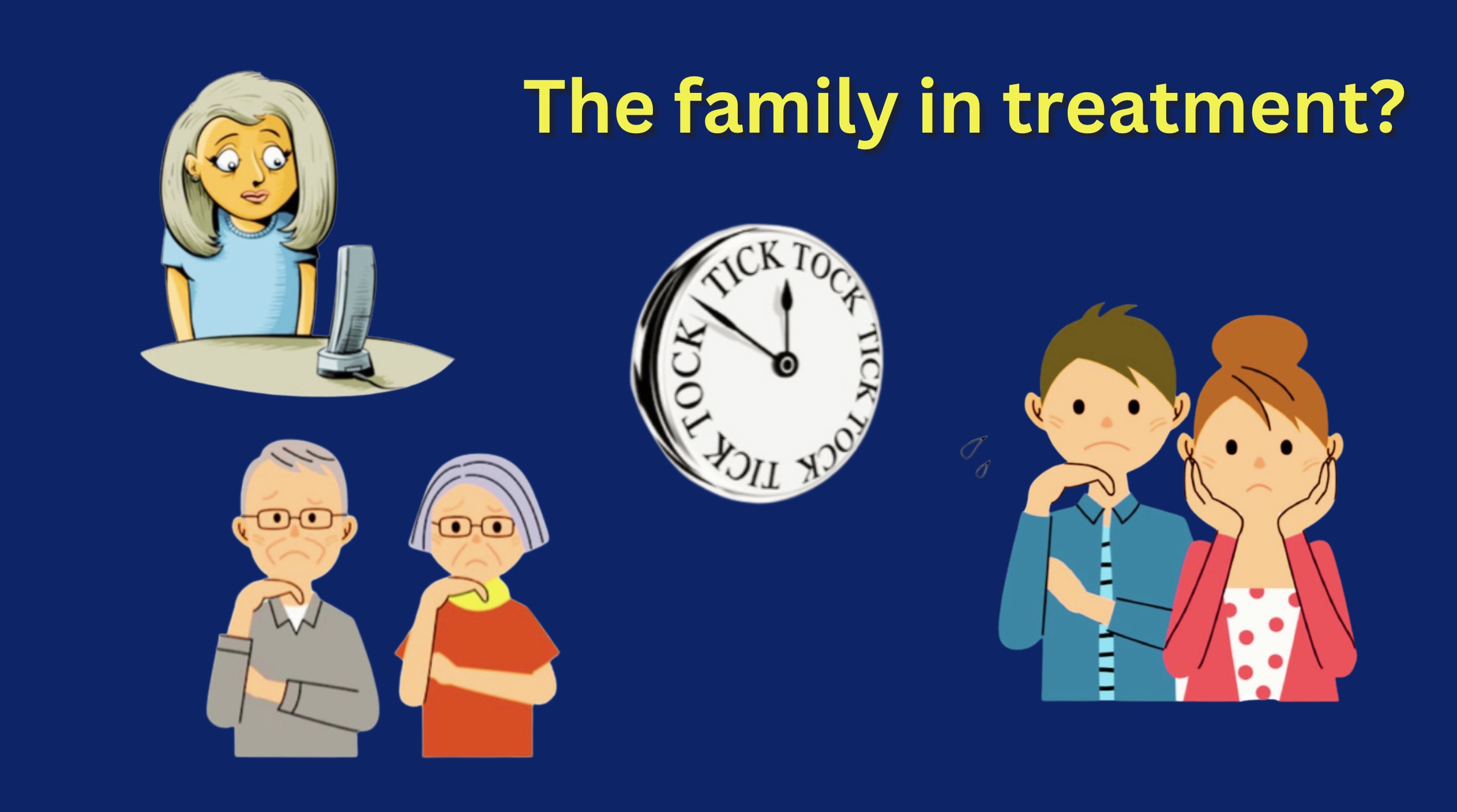
Families often feel left out of treatment.
BRIDGING THE GAP
The intention behind RehabWorks began with teaching families what the clients are learning in treatment about addiction and recovery. I then included tools for setting boundaries and identifying what I refer to as potential "cracks in the foundation" and how to avoid these—before discharge.
By creating an effective way to deliver this to families that allowed them to be proactive in their loved one's treatment, RehabWorks provides a solution to bridging the gap between the client, the family and the treatment team. This in turn opens the door to benefitting from what I refer to in my book as "the untapped potential the family represents for improving treatment outcomes." As such, the family becomes what I refer to as "the x-factor" for treatment success.
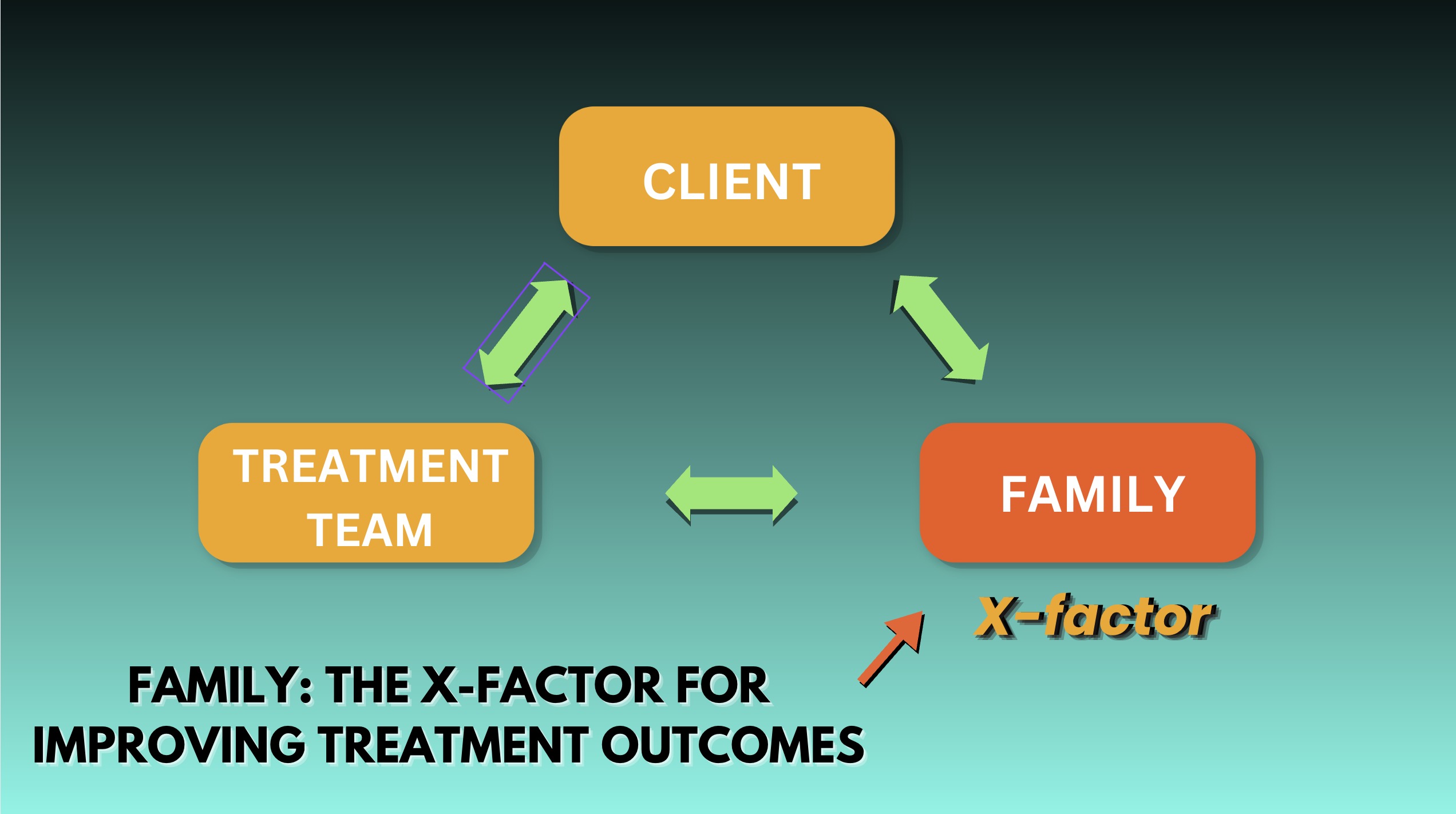
"The untapped potential the family represents for improving treatment outcomes." — Jim Savage, Rehab Works!
LET'S GET INTO THE SOLUTION
We can—and must—do better. If you're a treatment provider, I challenge you to take an honest look at how well your program supports families:
✔️ Are they actively included?
✔️ How soon after admission is the family engaged?
✔️ Are they equipped with the tools they need to set boundaries, understand the process, and actually support recovery?
What this ultimately comes down to are budget and logistics. Facilities are a business, and the bottom line is the bottom line. Providing staff time to implement family programming costs money. It's not uncommon for staff to already be spread too thin; family programming often is lower on the list of budgetary priorities. However, relative to how much of impact effective support can have for improving treatment outcomes, it actually doesn't make sense not to invest in adequate family programming.
On the other hand, if you're a family member reading this, do not be discouraged. There's a lot you can do—things that are totally within your control—that can dramatically increase your loved one's chances for treatment success. The three points I stress for effective family support are:
- Learn everything you possibly can about addiction—how it's treated, and what recovery looks like.
- Learn how to set boundaries, restore family balance, and provide treatment accountability.
- Work on your own recovery, and understand that family recovery supports your loved one's recovery.
These are the primary areas of focus in my RehabWorks program. The key is in getting this type of information to families as soon as possible, as this is precisely what is needed for knowing how to provide effective treatment support—especially during those critical first two weeks of treatment, when clients are often inclined to want to leave. Knowing how to respond in those situations is the first level of effective treatment support. From there it extends to understanding how treatment works and supporting the treatment plan and following through with discharge recommendations.
It's not an overstatement to say that effective family support can literally turn a failed treatment experience into a successful one. I've seen it happen countless times since I turned my attention to working direct with families.
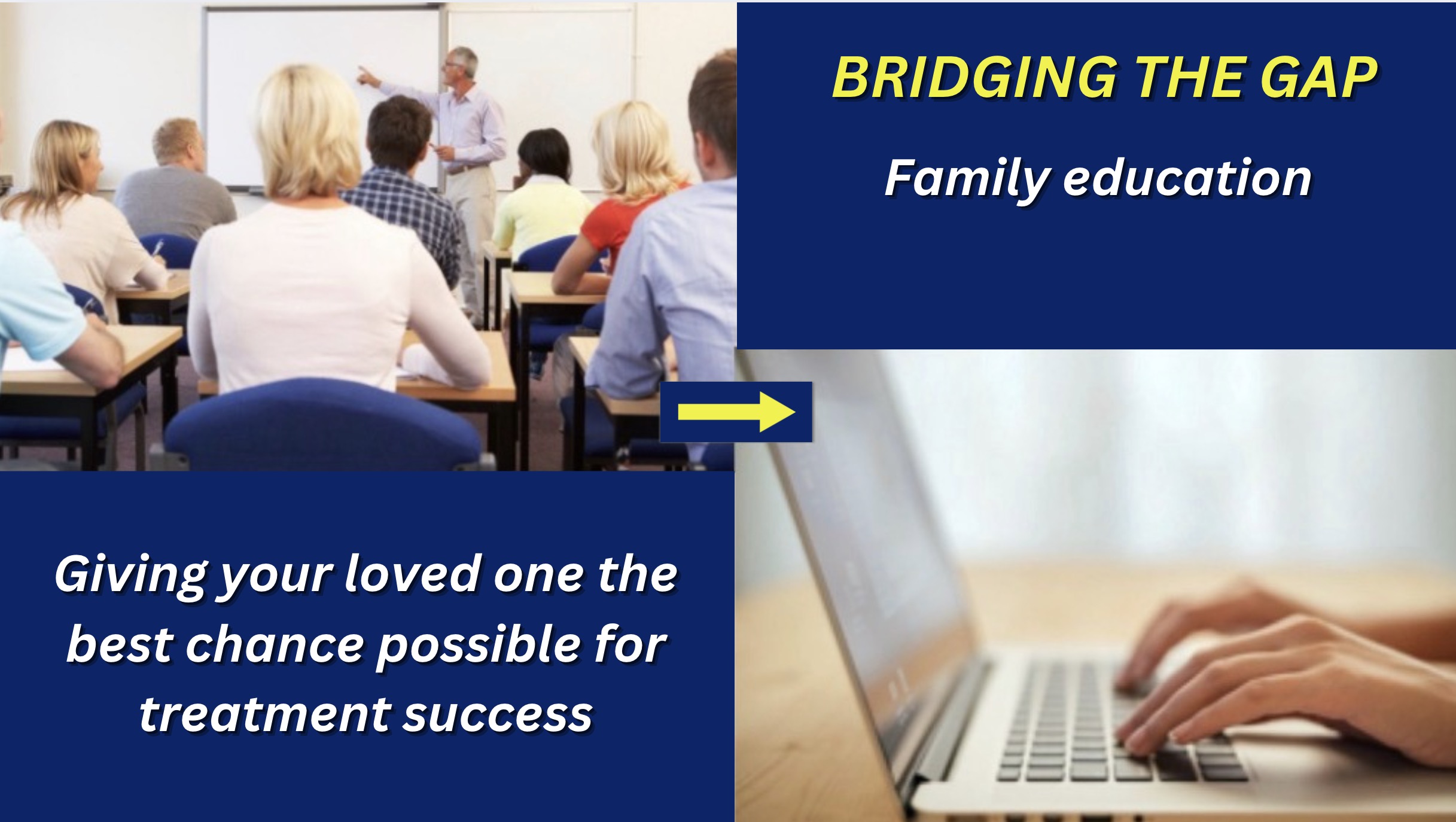
It's time to close the gap—for families, for providers, and ultimately, for those who are suffering from the devastiating disease of addiction. Let’s make better outcomes the norm—not the exception.
🧭 For Families: Supporting a Loved One in Treatment
You don’t have to navigate this alone. My Family Coaching Program gives you the tools, structure, and support to stay grounded and give your loved one the best chance at recovery—even if the treatment center isn’t doing enough to include you
👉 Learn more about Family Coaching
🏥 For Treatment Providers:
If you're a treatment provider, this isn’t just about pointing out a problem—it’s about delivering real solutions.
That’s why I created the RehabWorks Family Support Program—a ready-to-implement system that bridges the gap between client, family, and treatment team.
If you already have a strong model, I applaud you—and I’d love to hear about it so we can raise the bar across the field.
But if you know there’s room to improve—and you're challenged by budget, staffing, or logistics—this program can be a seamless plug-and-play addition to your model.
👉 See how RehabWorks can become part of your program
👉 Want to learn more? Let’s connect
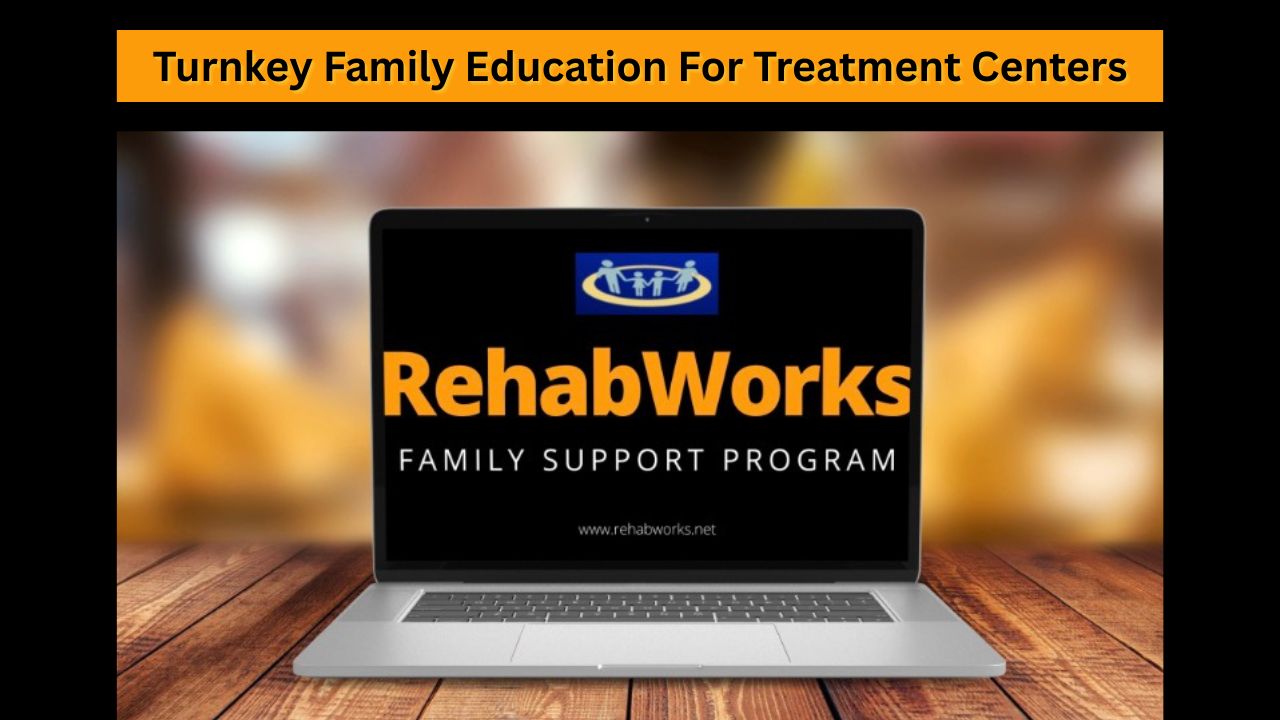
FREE eBOOK
Sobriety Doesn't Have To Suck!
A Guide To Finding Excitement, Renewal, And Spiritual Fulfillment In Recovery
Stay connected with news and updates!
Join our mailing list to receive news, resources, and updates.
Don't worry, your information will not be shared.
(We won't send spam. Unsubscribe at anytime.)
